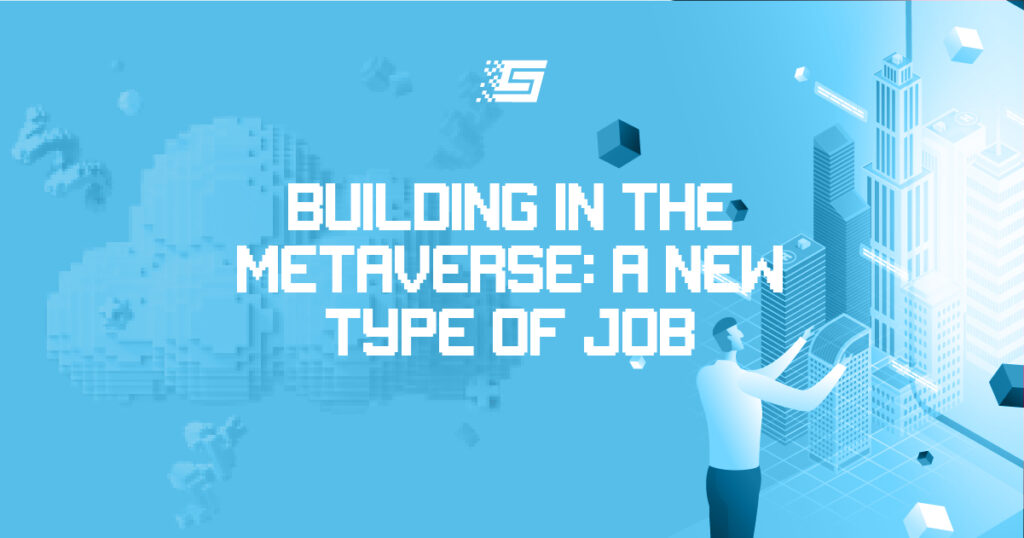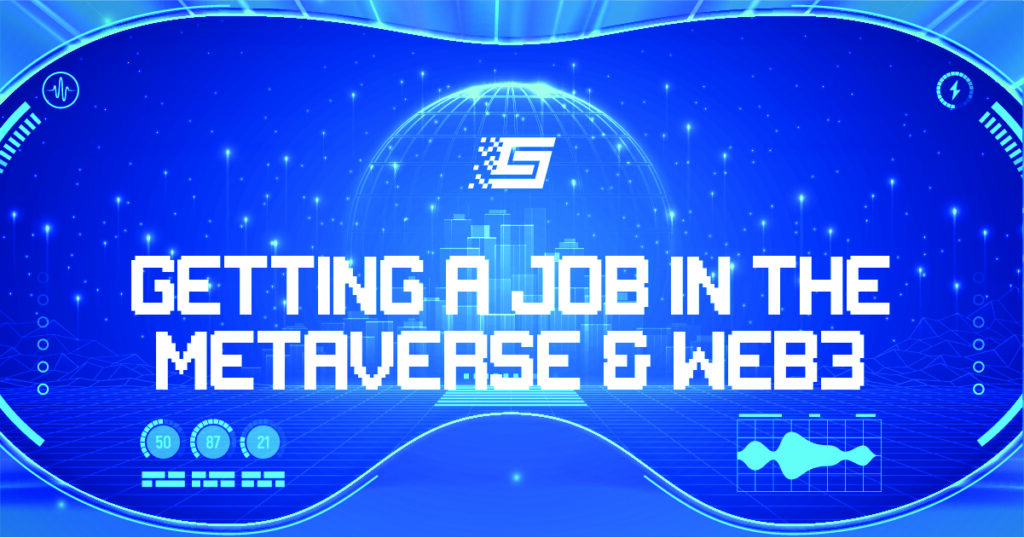What is an NFT marketplace?
In 2020, the NFT (Non-fungible token) market saw a total trade of about $82 million. Subsequently, in 2021 this figure increased to a whopping $17.6 billion, signaling a market boom for NFTs.
This market trend was even more evident when 475 Etheria tiles that were not sold for almost 6 years got sold within a day for a staggering $1.4 million. These tiles were the first set of NFT projects on the Ethereum blockchain.
So, you might wonder, what are NFTs, and where can you trade them? This article will help you learn about NFTs and NFT marketplaces.
What are NFTs?
NFTs (Non-fungible tokens) are unique digital assets deployed on a blockchain and can be traded anytime by their owners. NFTs can represent any digital file form such as digital arts, video game avatars, and other wearables, videos, digital signatures, soundtracks, virtual real estate, etc.
Unlike fungible tokens such as cryptocurrencies which owners can mutually exchange, each NFT has a particular value depending on its features. Consequently, you cannot replace one
NFT with another.
Currently, the most expensive NFT ever sold is The Merge which sold for $91.8 million. Meanwhile, other NFTs, such as Crypto Punk and the Bored Ape collection, is also widely known for their high value.
With this knowledge and idea about NFTs, this article will discuss what you should know about platforms where you can buy and sell non-fungible tokens.
Facts about NFT marketplaces
An NFT marketplace is an online platform where you can buy, sell, auction, and mint non-fungible tokens.
Lately, the boom in NFTs has spurned many blockchain developers and crypto exchanges to build their own NFT marketplace. While all the platforms perform the same function, their features and interfaces differ.
These are the two major types of marketplaces:
- Universal or art-oriented NFTs marketplaces
- Niche NFT marketplaces
Universal NFT marketplaces
These are online platforms with a wide variety of non-fungible tokens. Universal markets also run a decentralized system in which anyone can upload, mint, and sell an NFT or a collection.
Meanwhile, to prevent duplication and scams, universal NFT marketplaces always verify the original collections of some popular creators. For instance, The Sandbox LAND NFTs and the Bored Ape Yacht Club collection are verified NFTS on OpenSea. Majorly, these verified collections will have a blue mark in front of their names.
Consider the following universal NFT marketplaces:
Opensea
OpenSea is one of the oldest NFT companies. It is considered the largest NFT marketplace, with a market valuation of $13.3 billion as of January 2022.
There are unlimited kinds of non-fungible tokens on OpenSea, including in-game assets of virtual worlds, trading cards, sports collectibles, music, domain names, photography, etc.
The platform is user-friendly, as new users can sign up in a few steps and browse through available artworks. Although users can also trade with up to 150 cryptocurrencies and tokens, OpenSea mainly supports Ethereum (ETH), Solana (SOL), and USDC.
Furthermore, users can mint new NFTs. However, for every sale, OpenSea will charge minting fees and a 2.5% transaction fee. Regardless, OpenSea is an excellent choice for beginners and experts in the NFT industry.
Rarible
This digital gallery and NFT marketplace began operating in 2020. Rarible offers only three blockchain options (Ethereum, Flow, and Tezos) to users who want to create a wallet on the platform. Moreover, you can trade using debit and credit cards if you do not have enough crypto in your wallet.
A 2.5% fee applies to every transaction or sale on Rarible. While sellers can pass the minting fees to buyers, this will increase the NFT’s price and discourage potential buyers.
Nifty Gateway
Nifty Gateway is a universal NFT marketplace that stores artworks listed on its platform in its custody. Accordingly, the platform is a custodial marketplace.
This platform is known for listing exclusive and expensive NFT collections. For instance, The Merge, the most expensive NFT (mentioned earlier), was sold on Nifty Gateway.
Niche marketplaces
Contrary to universal markets, Niche NFT marketplaces deal with specific NFTs. In addition, metaverse platforms and blockchain games often have a niche marketplace where users can trade virtual land, wearables, and other NFTs.
Consider these examples:
Axie Marketplace
Players of the popular blockchain game Axie Infinity use this platform to exchange in-game assets. Therefore, only gaming items of Axie Infinity such as land, Axies, and other characters are available in this marketplace.
Meanwhile, there is a 5.25% fee on every transaction on Axie Marketplace. 4.25% of this fee goes to the Axie community treasury, while 1% goes to content creators.
NBA Top Shot
NBA Top Shot was built on the FLOW blockchain and is primarily for artworks related to basketball. Fans can buy, sell or collect photographs or videos depicting nostalgic moments in the world of basketball.
Theta Drop
This is an NFT marketplace on Theta blockchain, which focuses on using blockchain technology to decentralize entertainment.
THETA token is the only currency you can use to transact on this marketplace. NFT collectors interested in eSports, gaming, and entertainment will find Theta Drop a preferable market.
How to use an NFT marketplace
The following steps explain –
How to sell NFTs in a marketplace:
- Create an account.
- Link your crypto wallet to the account.
- Upload/create an artwork and mint it into an NFT
- Submit the NFT for approval and listing
- Your NFT is listed if approved
- Set a price to sell the NFT
How to buy NFTs:
- Create an account
- Fund a crypto wallet with the appropriate cryptocurrency. For instance, when buying an NFT on the Ethereum blockchain, you should find the wallet with ETH.
- Connect your crypto wallet with the account
- Search for the NFT you want to buy
- Place a bid or buy the artwork at the asking price
Conclusion
Although NFTs are speculative assets, the NFT industry has seen tremendous growth in recent years. NFT marketplaces are secure platforms to buy and sell non-fungible tokens without centralized control and with a lower risk of running into fraudulent buyers or sellers.


